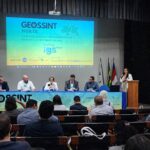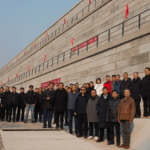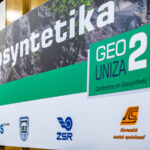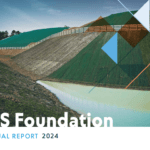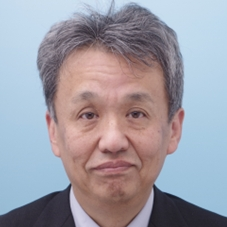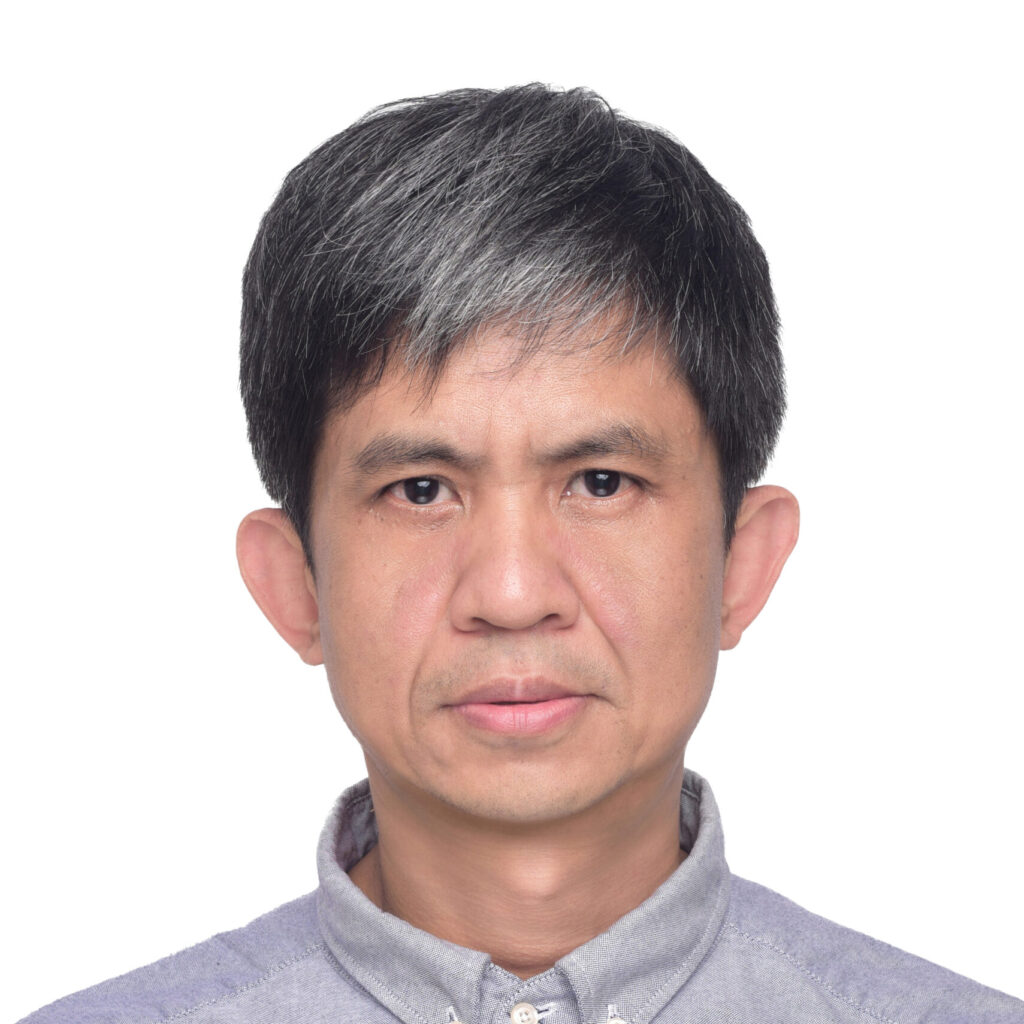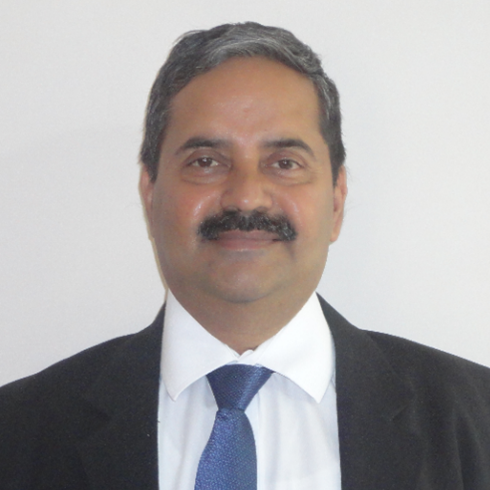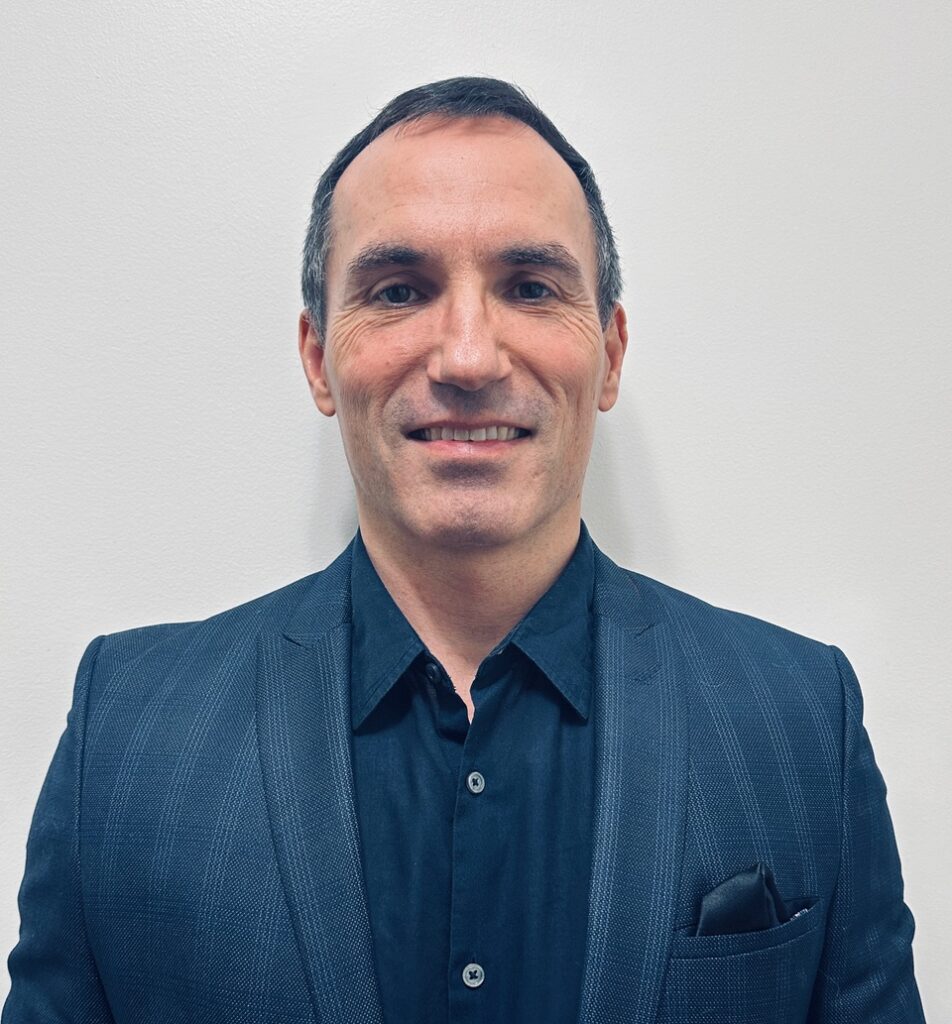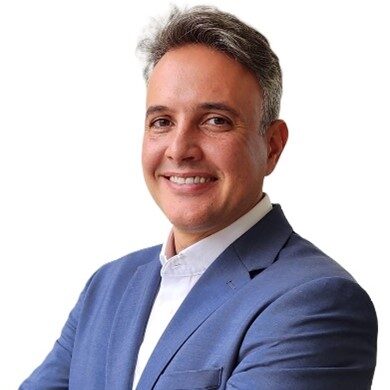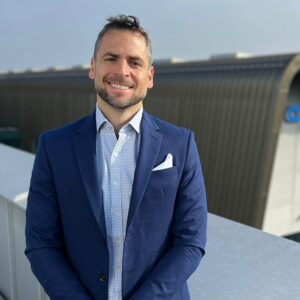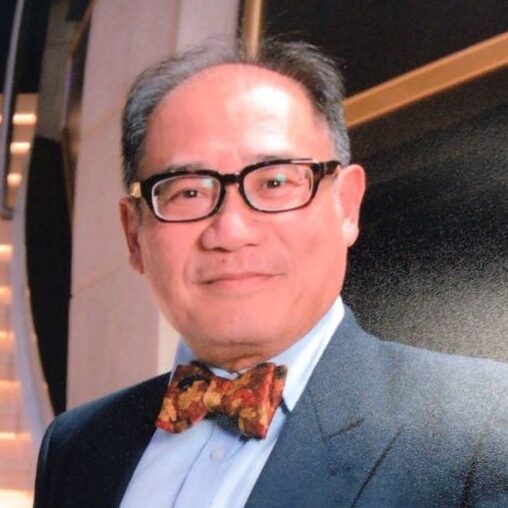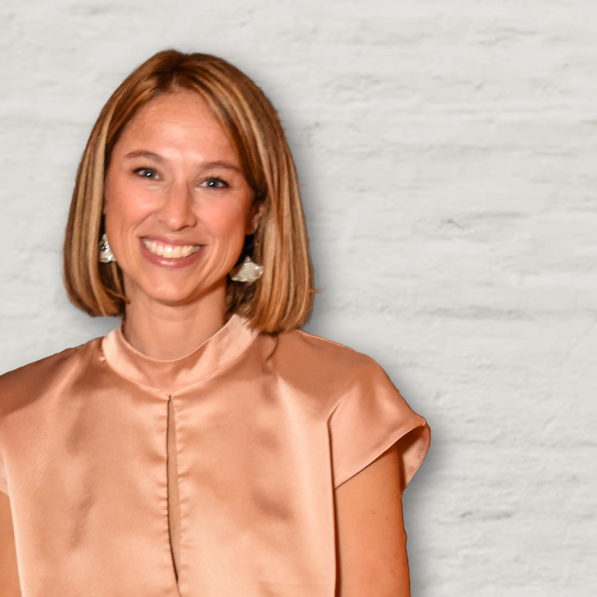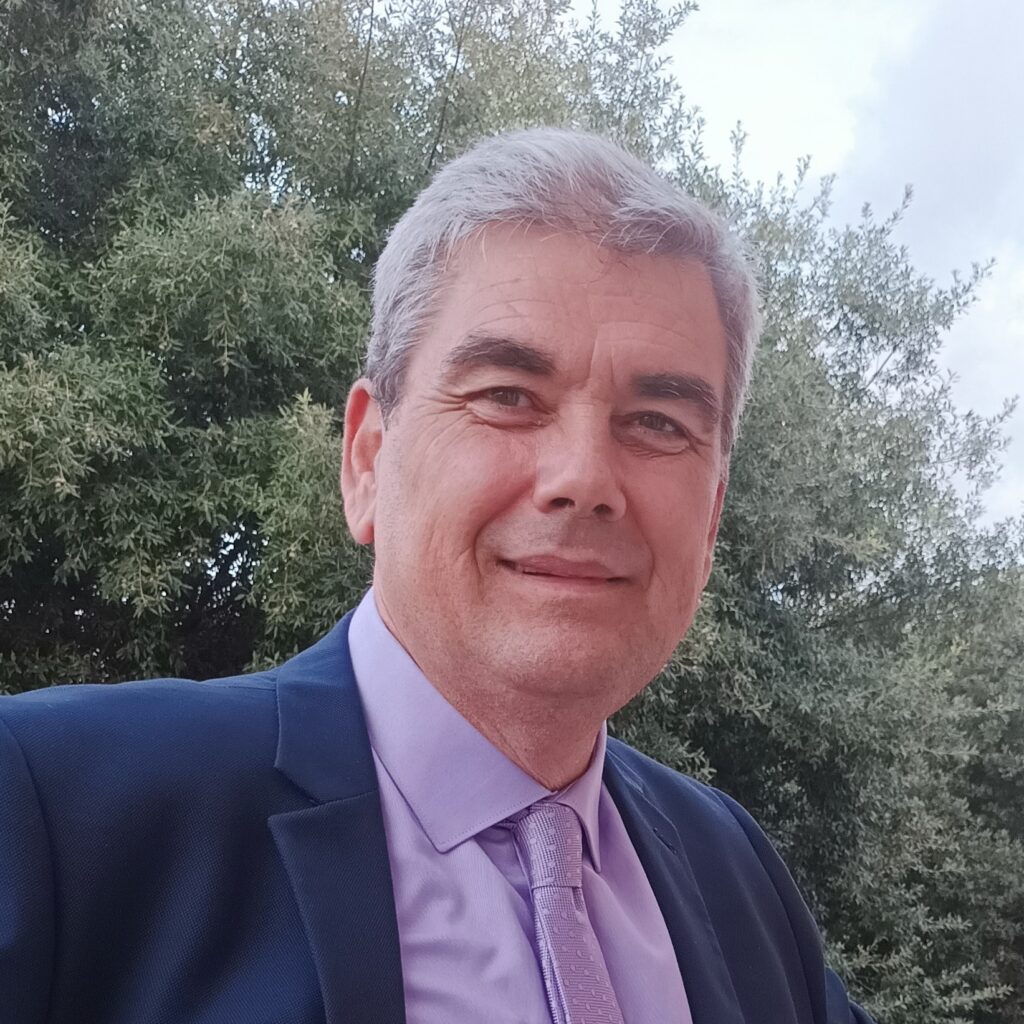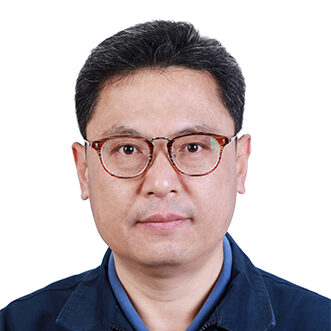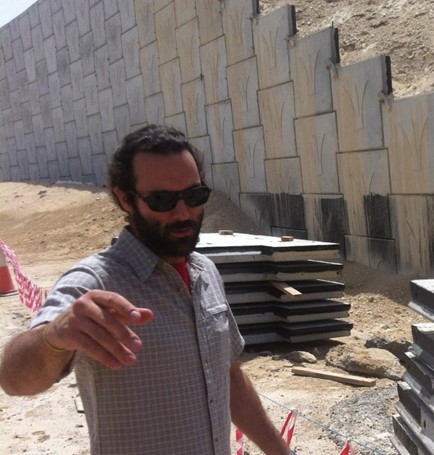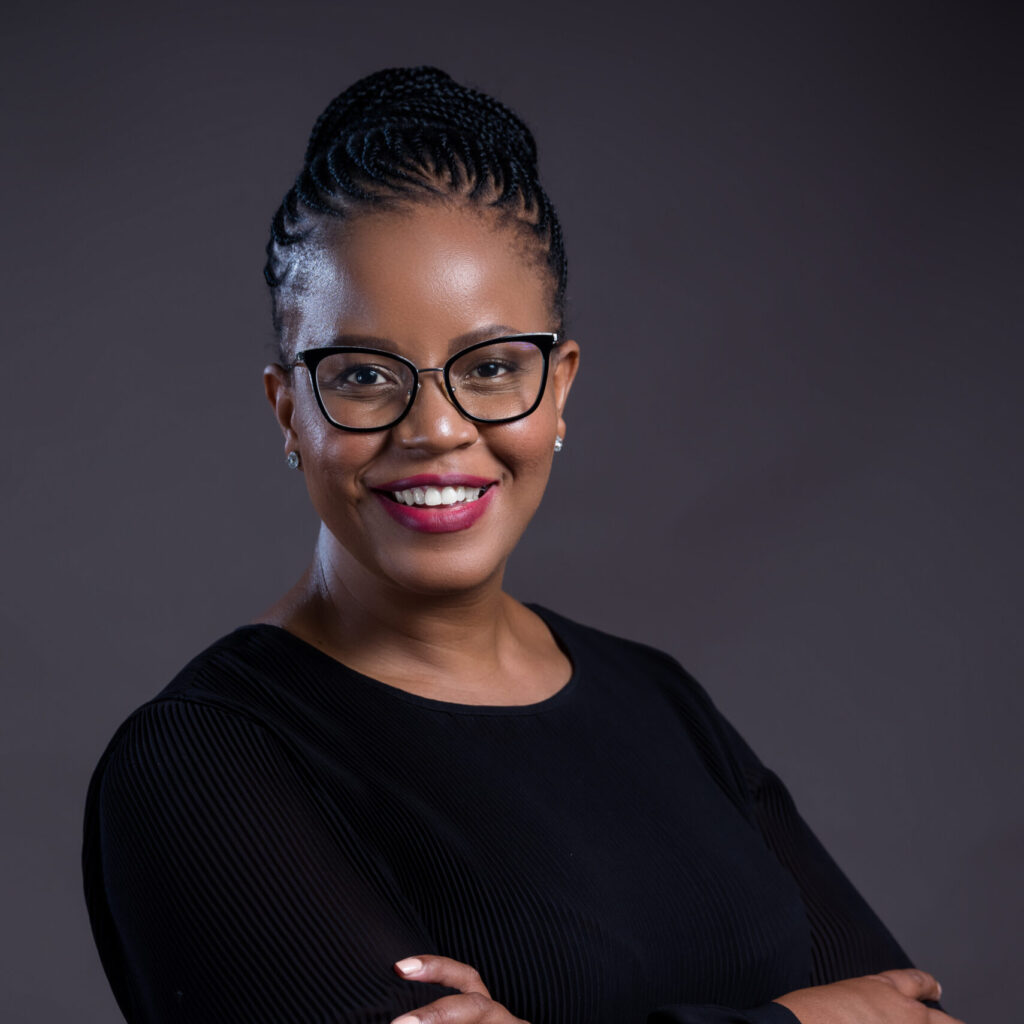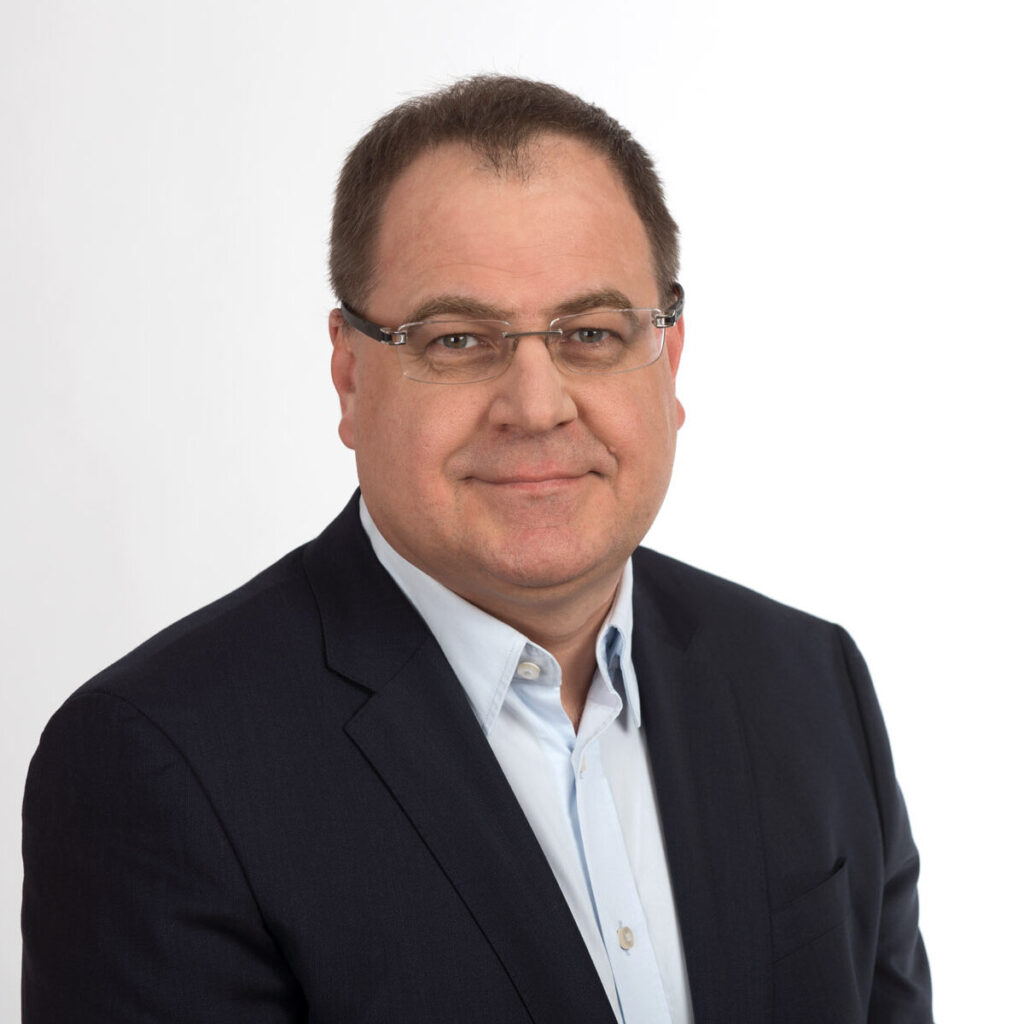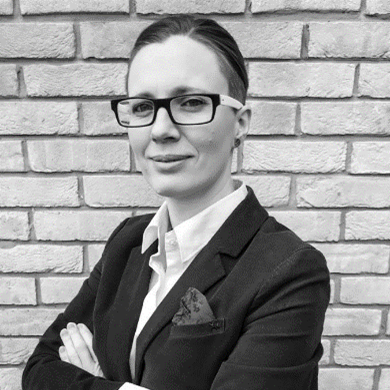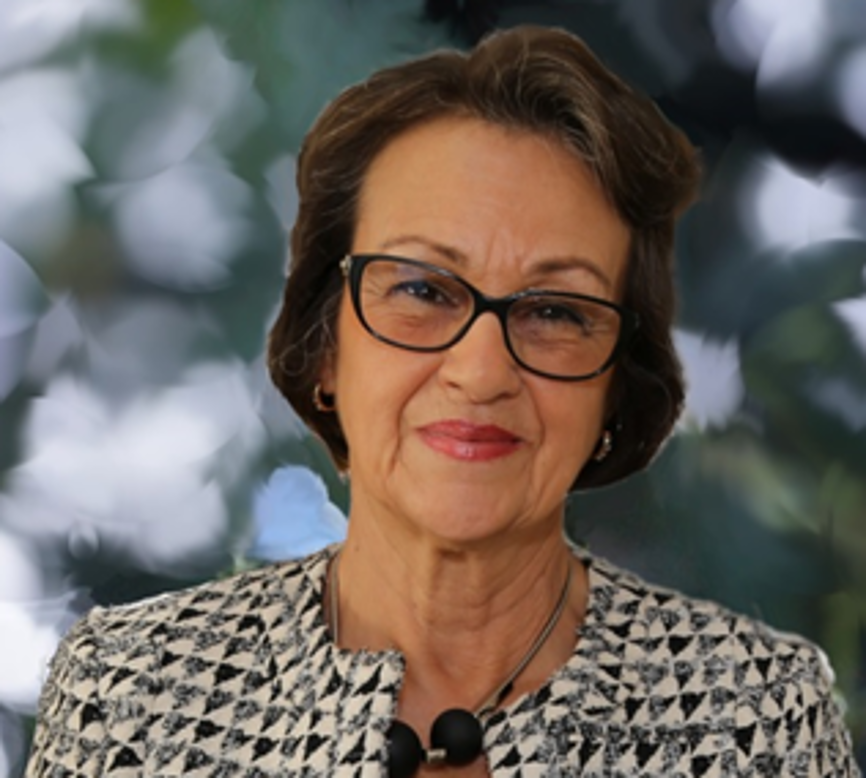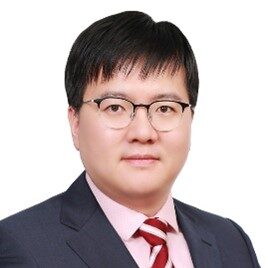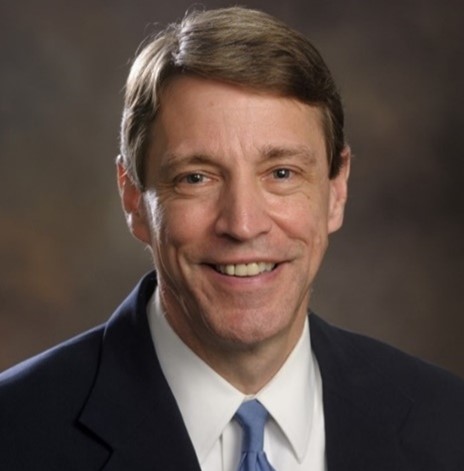 In our continuing series with engineers at the start of their careers we speak to Alex de Guzman. Alex works for IGS corporate member Tonkin + Taylor in New Zealand.
In our continuing series with engineers at the start of their careers we speak to Alex de Guzman. Alex works for IGS corporate member Tonkin + Taylor in New Zealand.
Hi Alex, please tell us a bit about yourself.
Hello! I’m 24 and work as an Environmental Engineer at Tonkin + Taylor (T+T). I was born in the Philippines but moved to New Zealand at a young age, so I’ve done almost all of my schooling here.
Tell us a bit about your journey to your current role.

This is my very first role as an engineer and I’m just 18 months out of finishing my studies. I was a student at the University of Auckland for five years where I worked towards two degrees: a Bachelor of Engineering (Hons) in Civil and Environmental Engineering, and a Bachelor of Arts majoring in French.
What does Tonkin + Taylor do and why did you choose to work for them?
T+T is a New Zealand-based, employee-owned engineering and environmental consultancy. We’re a medium sized company of just over 1,000 employees spread across New Zealand and Australia. T+T is primarily a civil-based engineering consultancy, with focus areas in geotechnical, water, and environmental engineering.
My interest and values in the environment aligned well with the technical work at T+T. Plus, when I was looking around different engineering firms to apply to, I heard from numerous employees that T+T had a great welcoming company culture.
I have to admit I didn’t know much about geosynthetics until I started working. Since working with T+T, I’ve learned about the different types.
What was your first day on the job like?
It was a very memorable first day of graduate induction. It was the first formal graduate program at T+T and the company wanted to make sure the grads were well equipped for the coming years. There were about 30 in my cohort, and we spent two days learning all about the company, the people, and getting to know each other – after all, we’re each other’s best support system. It was as informative as it was entertaining, from presentations from the leadership board, to a competitive team cooking challenge.
Can you share a little about your day-to-day tasks?
I work with numerous project managers on their projects. As an environmental engineer, I’ve mostly been working with the waste infrastructure team on things like:
-
- Landfill design – landfill closure design including capping, management of stormwater and landfill gas
- Closed landfill management – monitoring and reporting on the 100+ closed landfills in the region
- Landfill gas management – monitoring, modelling and reporting on landfill emissions in relation to the New Zealand Emissions Trading Scheme
I’ve also been getting involved in water projects such as:
-
- Considering the different options and design of the ‘three waters’ management project (the New Zealand government is reviewing how to improve the regulation and supply arrangements of drinking water, wastewater and stormwater)
- Dam safety management
- Hydrology
What are you looking forward to most in your career?
I’m looking forward to seeing projects come to life. I want to be able to go into a community, get to know the residents, and talk about how a project I’ve worked on has made a positive impact on their lives.
I’ve come to learn that being an engineer is so much more than doing calculations and writing reports. It’s an outcomes-focused industry where we use these calculations and designs to help people or the environment. Then we have to communicate how we can solve problems together.
What are your long term ambitions and goals?
I can’t say I’ve found my one true long term ambition. I like to set shorter term goals, and at the moment, one of my goals is to experience as much as I can to find what I’m truly passionate about.
Do you have any advice or top tips for anyone considering becoming an engineer or applying for their first job?
When applying for your first job, I think it’s really important to research the companies that you are interested in. Find out what kind of projects they work on, find out what the company culture is like, ask about the support for graduates / junior engineers. It’s important to work where your values align, and especially for a first job, it’s important to join a company that will be supportive of your learning and development.
Did you do work experience or an internship, and would you recommend this?
Yes, as part of our BE (Hons) we are required to do 800 hours of practical work hours. I spent two summers working full time as an Intern Engineer at Auckland Council. I definitely recommend doing an internship during your semester breaks, or even part-time during the semester. I feel there’s a gap between what we learn at university, and what we jump into when we start working as graduates. Doing an internship fills that gap – we can get an insight into the engineering industry so we can hit the ground running as grads.
What do you wish you knew before starting your first job?
To understand learning doesn’t stop once you’ve left university; you keep learning on the job so continue to have an open mind and keep learning. The earlier we understand that, the less frustrating it is when we don’t know all the tools of the trade straight away.
New Zealand doesn’t have an IGS chapter but you still keep up with IGS initiatives?
Yes! I have attended IGS events after hearing about them from Jonathan Shamrock, my senior at T+T who is Vice President of the Australasian Chapter of the IGS.
I attend IGS webinars as ‘lunch and learns’ with our waste infrastructure team. There are a lot of technicalities in the webinars that I don’t understand immediately, but they have still been very valuable to me to see what technology and applications are out there. The post-webinar discussions among the attendees are also great.
Any final thoughts?
I think it’s great that the IGS is so proactive in the industry and in the education sector. I would have loved to have learnt more about geosynthetics earlier on.
Interested in finding out about the IGS Young Members Committee? Visit here for details on events, activities and how to join.
Would you like to feature in our Engineers’ Q&A? Email your details to youngmembers@geosyntheticssociety.org.


